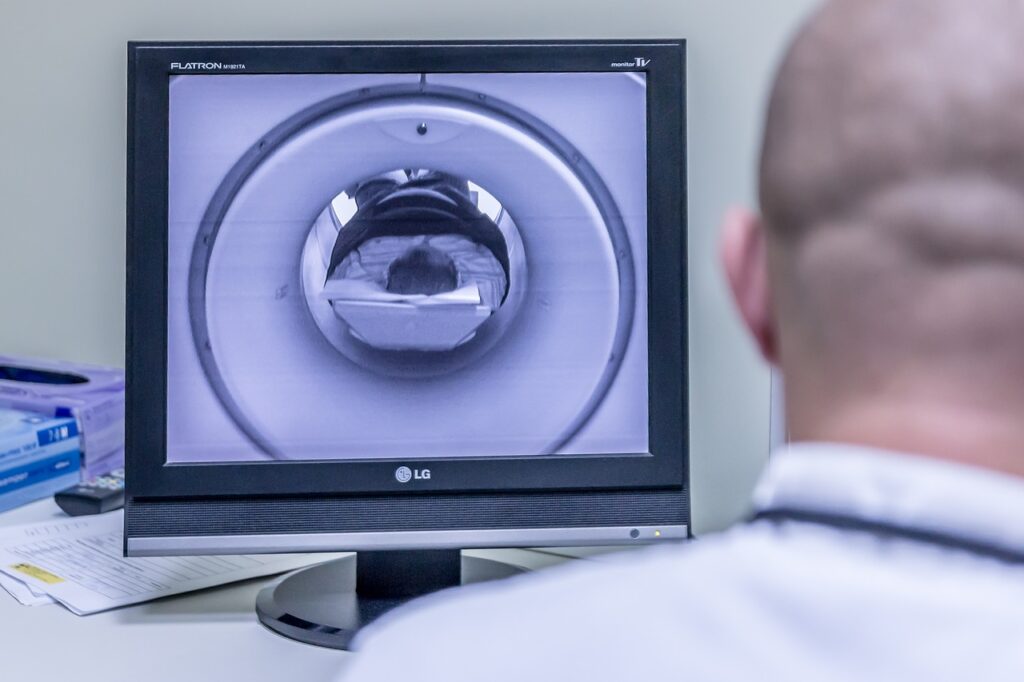According to a story from medwirenews.com, a post-hoc analysis from a recent clinical trial has revealed that treatment with filgotinib can result in improvements in structural lesions detected by MRI in patients living with ankylosing spondylitis (AS). This was a phase II clinical trial that demonstrated that filgotinib could reduce disease activity and symptoms in patients that were not responding to non-steroidal anti-inflammatory drugs (NSAIDs).
About Ankylosing Spondylitis
Ankylosing spondylitis is a rare form of arthritis which is characterized by long-term inflammation of the spinal joints. Other joints may also be affected. The precise cause of ankylosing spondylitis has not been identified. A host of environmental and genetic factors may play a role; for example, a study found that the majority of patients in the UK presented with the HLA-B27 antigen. The onset of ankylosing spondylitis symptoms often begins in early adulthood. Symptoms may include relapsing/remitting back pain, progressive joint stiffening, fatigue, fever, and weight loss. Inflammation can spread to other parts of the body, such as the eyes, the cardiovascular system, and lungs. No cure for the disease exists, so treatment focuses on pain management and slowing disease progression. Treatment may include NSAIDs, opioids, TNF inhibitors, physical therapy, surgery, and some others. Unfortunately, most therapies can cause serious side effects with long-term use. To learn more about ankylosing spondylitis, click here.
Study Findings
The post-hoc results analysis consisted of MRI scans from 87 patients. The scientists found that erosion in the joints (which can be detected on an MRI) decreased in patients that were receiving filgotinib; meanwhile, erosion continued to worsen in the placebo group. Participants in the trial also saw an increased backfill score when given filgotinib. This means that they saw new tissue appear that replaced their erosive, inflammatory lesions.
The scientists concluded that more research will be necessary to further investigate the impact of this JAK inhibitor therapy on the lesions. These improvements to the lesions as found in this trial could have significant implications in terms of the overall prognosis for patients. This study was originally published in the scientific journal Rheumatology. Check out the abstract here.






